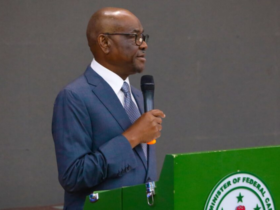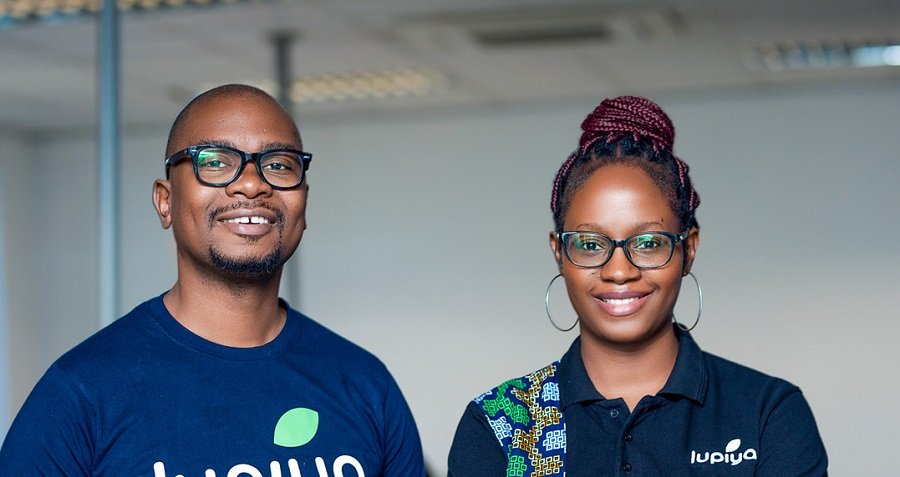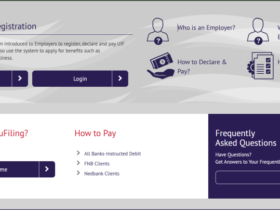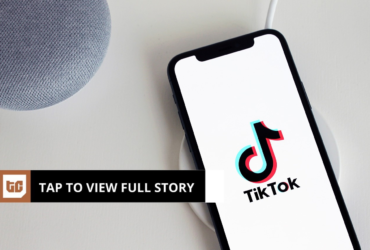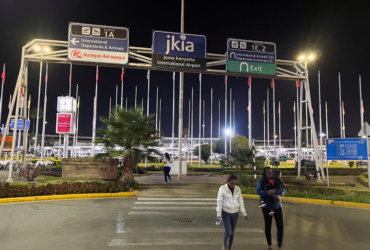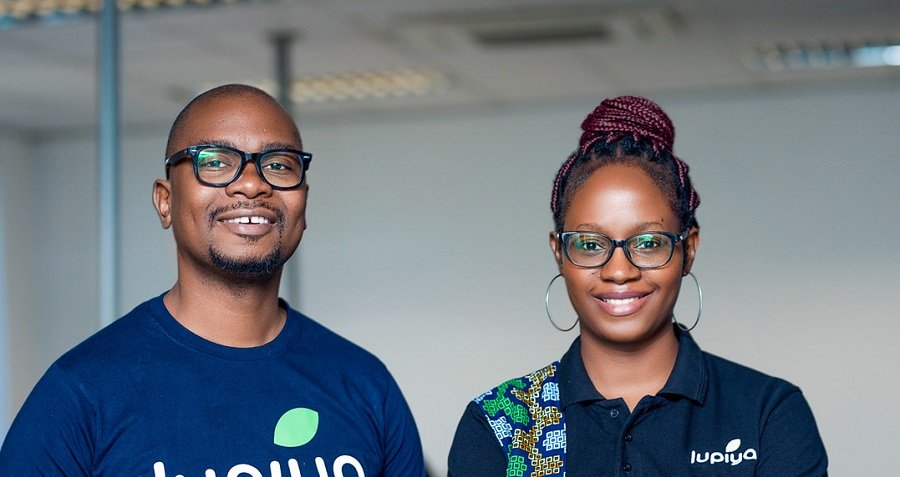
A Zambian microlending fintech company, Lupiya, secured $8.25 million in series A funding in 2023 and has intentions to expand its operations into Nigeria. Lupiya, after entering Tanzania in March, aims to tap into Nigeria’s microlending market, which already features players such as Fairmoney, Branch, and Umba.
Over the past five years, South African fintechs like Jumo, Yoco, and Stitch have ventured into Nigeria with varying degrees of success.
While Nigeria boasts a significant fintech market and key players like Flutterwave and Paystack, Zambian startups have not frequently expanded into Nigeria. On the contrary, Nigerian fintech companies are more inclined to enter Zambia. Notably, Flutterwave, Paystack, and Chipper Cash, through its acquisition of Zoona in 2022, have all extended their services to Zambia.
In contrast, only Union54, which provides card issuing services to fintechs like Busha, and Zazu, which currently has no significant presence in the country, have ventured into Nigeria from Zambia.
Both Zambia and Nigeria have youthful and tech-savvy populations, leading to higher fintech adoption rates. Similar to Zambia, Nigeria also exhibits a consumption-driven economy with substantial demand for capital from retailers often excluded from traditional bank credit. However, the similarities between the two countries end there.
Zambia faces challenges such as low internet penetration and financial literacy issues, which could pose hurdles for digital-first neobanks like Lupiya. Lupiya’s co-founder, Evelyn Kaingu, has acknowledged these obstacles in Zambia, where over 135 microfinance institutions offer consumer credit. On the other hand, Nigeria boasts a larger population and a more developed fintech ecosystem, with three times the number of fintech companies compared to Zambia, intensifying competition.
Despite these challenges, Kaingu remains optimistic about Lupiya’s ability to compete. The startup is currently in the process of raising an additional $10 million in a series B funding round to position itself against other microlending competitors in Nigeria with substantial resources.




